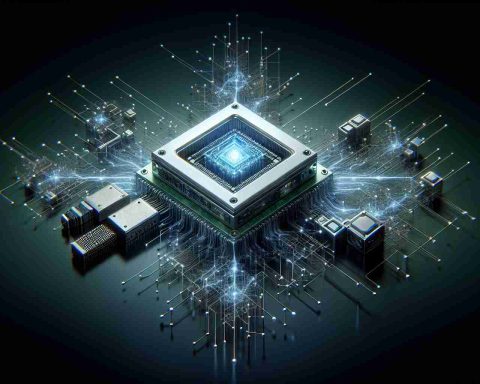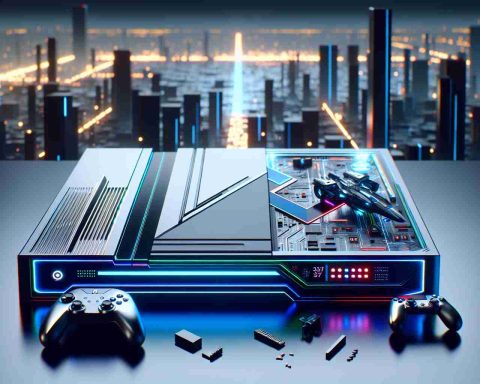As the gaming industry evolves at lightning speed, Nvidia has once again positioned itself at the forefront with the launch of its groundbreaking “Nvidia Cours.” As a forward-thinking initiative, Nvidia Cours aims to redefine how we interact with and design games, promising to reshape the virtual landscapes for developers and gamers alike.
What is Nvidia Cours?
Nvidia Cours is a suite of advanced tools and resources designed to harness the power of artificial intelligence and real-time rendering, specifically tailored for gaming development. By leveraging Nvidia’s cutting-edge GPU technology and AI capabilities, developers can now create highly detailed and lifelike game environments in record time.
Bringing AI to Gameplay
One of the most exciting features of Nvidia Cours is its ability to integrate AI-driven non-player characters (NPCs) within games. This has the potential to offer a dynamic and immersive gaming experience, where NPCs can learn, adapt, and respond to players in a more human-like manner. The possibilities for strategic gameplay and storytelling are limitless, creating a new wave of interactive narratives.
A Glimpse into the Future
The implications of Nvidia Cours stretch far beyond mere gaming. As these tools become more accessible, developers from various industries could use them to create virtual simulations for education, training, and even urban planning. With Nvidia leading the charge, the blending of virtual and reality is closer than ever, making Nvidia Cours a game-changer in every sense of the word.
Unveiling the Untapped Potential of Nvidia Cours in Real-World Applications
As Nvidia Cours captures the attention of the gaming world, its influence ripples outward, touching diverse sectors poised for transformation. Beyond its primary focus on game development, the emerging applications of Nvidia Cours offer intriguing possibilities that might redefine several industries.
Revolutionizing Education and Training
With the help of Nvidia Cours’ AI and real-time rendering technology, educational institutes stand to benefit significantly. Imagine virtual reality classrooms where historical events come to life or complex scientific concepts are explored through interactive simulations. Training programs in fields such as medicine or hospitality could adopt these tools for more immersive, cost-effective, and risk-free environments.
Urban Planning and Architectural Visualization
The construction and urban planning sectors can leverage Nvidia Cours to create detailed simulations for designing cities and structures. This allows architects and city planners to visualize and assess their projects in a virtual space, improving project accuracy and sustainability.
Challenges and Concerns
While the potential is vast, Nvidia Cours also raises some questions. How will these technologies impact job markets in traditional sectors? Could there be unforeseen privacy implications with AI-driven systems learning and adapting from user behaviors? These challenges necessitate careful consideration and transparent policymaking.
Advantages and Disadvantages
The advantages of Nvidia Cours lie in its ability to enhance creativity, efficiency, and economic potential across various sectors. However, the reliance on advanced tech could widen the digital divide, excluding under-resourced communities from benefiting.
For more on Nvidia’s innovations, visit their official page: nvidia.com.

















